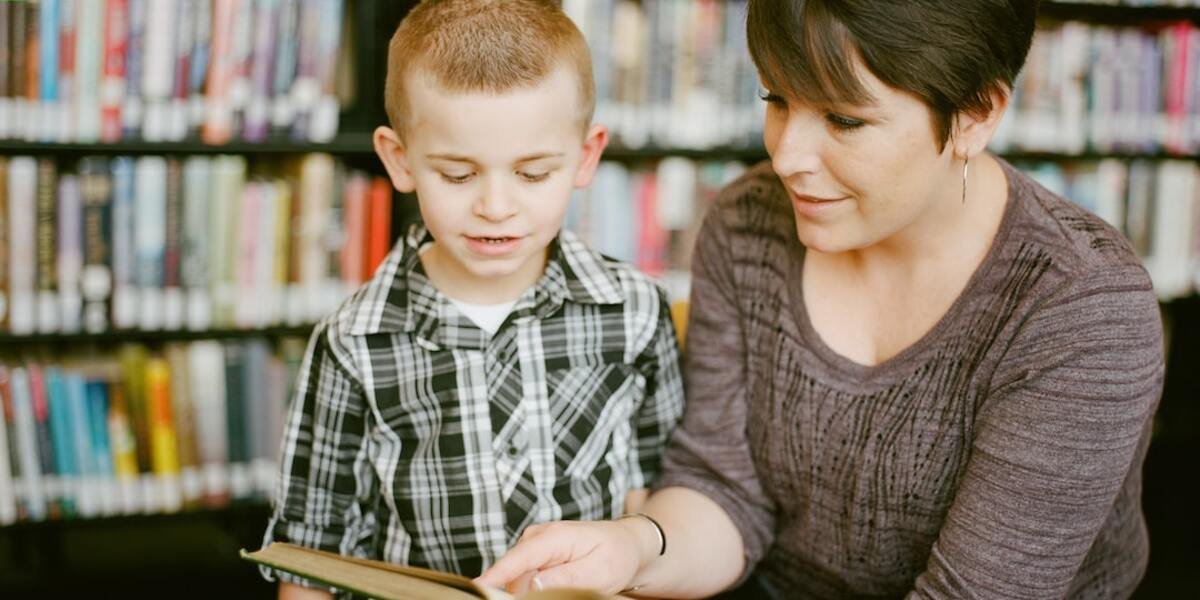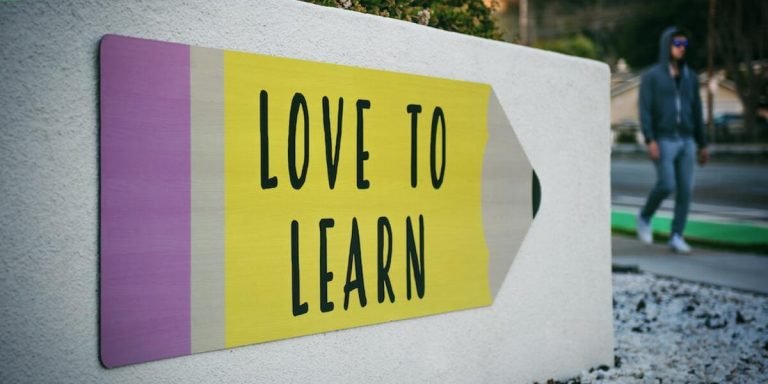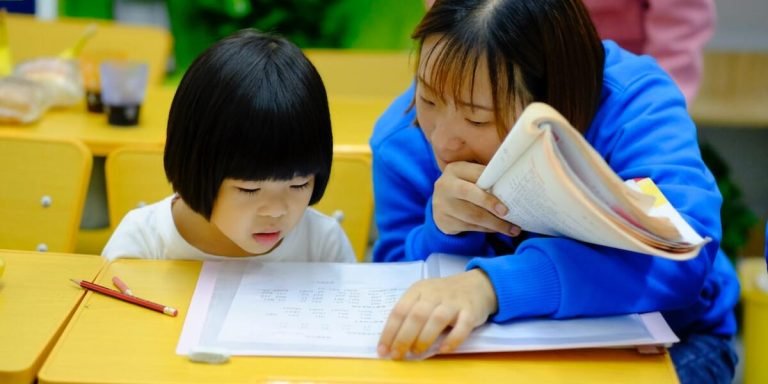Parenting Classes: The Role in Shaping a Child’s Future
Parenting classes have undoubtedly become a significant cog in the machinery of childhood education. For novice and experienced parents alike, these courses offer an insightful journey into understanding their child’s needs better, equipping them with essential tools to shape their future effectively. The role they play is all-encompassing – from behavioral management and effective communication to instilling good values.
But it isn’t just about parenting; educators too can benefit tremendously by attending such workshops or sessions online/offline. A deeper comprehension of child psychology gleaned through these classes helps teachers adapt unique pedagogical strategies that resonate more closely with their students’ learning patterns while fostering a more engaging classroom environment – thus fueling holistic development.
Did you know?
Did you know? A study by the National Institutes of Health found that parents who completed a parenting program had children with improved cognitive abilities, contributing significantly to their future success.
Understanding the Impact of Parenting Classes on Family Dynamics
Parenting classes have become an increasingly popular tool for both new and experienced parents. In this digital age, where information is at our fingertips, it’s easy to feel overwhelmed by differing parenting advice. Parenting classes serve as a structured method of learning that focuses on enhancing parenting skills, thereby establishing healthier family dynamics.
The impact of these programs extends beyond mere knowledge acquisition about child-rearing practices; their scope seeps into the core foundations of families— the relationships themselves. They offer guidance on nurturing healthy communication channels between all family members thus promoting mutual respect and understanding within households.
Taking part in robust parenting courses allows individuals to understand children’s developmental stages better—a vital factor often overlooked when dealing with behavioral issues or emotional struggles faced by children. By providing valuable insights based on researches and psychological theories, they aid in diffusing tense situations calmly while handling them constructively instead of being reactive.
Moreover, such platforms provide interactive scenarios where theoretical concepts learned can be applied practically — preparing parents for real-life challenges whilst simultaneously improving interactions within domestic units due to equipped learnings from these strategic sessions.
Exploring How Parenting Education Promotes Positive Behavior Management
Parenting education is a vital tool that fosters positive behavior management in families. Through parenting classes, parents and educators gain hands-on knowledge about practical strategies to guide children’s actions more effectively.
Firstly, these classes encompass the understanding of child psychology – an essential aspect when dealing with young minds. With this profound insight into their thinking patterns, managing behaviors becomes significantly simpler. For instance, if a child consistently throws tantrums over trivial issues, instead of reacting impulsively or harshly disciplining them – informed choices can be made using appropriate conflict resolution skills taught during these courses.
Secondly, incorporating role-playing exercises as part of the curriculum enables participants to simulate real-life situations aiding practice before implementation at home or school. This learning method provides first-hand experience for handling challenging settings better—helping improve responses towards each situation thereby promoting positivity within family dynamics.
Evaluating the Role of Parenting Courses in Enhancing Communication Skills
Parenting classes can play a crucial role in improving communication skills within all family units. In the world of education, understanding how to establish effective dialogues between children and adults is key to nurturing healthy relationships and an environment conducive for learning.
One vital aspect that parenting courses focus on is active listening. This means parents learn not just to hear their child’s words but also understand their feelings behind these words. By applying this skill received from parenting classes at home, there’s better interpretation of what a youngster wants or needs which improves parent-child relationship greatly while paving way for more open conversations amongst them.
Another fascinating advantage lies in non-verbal communication training offered by several recognized parenting seminars today. Parents are taught techniques such as reading body language signs or recognizing changes in tone of voice, both incredibly valuable tools when it comes to interpreting toddlers’ moods even those with limited vocabulary thereby maintaining harmony despite linguistic challenges faced during early childhood phase.
Selecting the Right Parenting Class for Your Needs
Selecting the right parenting class in 2023 is equivalent to embarking on a journey towards effective parenthood. This quest, though fulfilling, can prove daunting for both seasoned educators and new parents alike. In an era where information overload is common, finding relevant and practical content that caters specifically to your unique situation becomes all the more essential.
Parenting classes take various shapes based on their focus area — from prenatal preparation courses for expectant mothers, potty-training seminars targeted at toddler-age parents or teen-focused guidance sessions grappling with issues of adolescence. The diversity promises a course tailored to suit every age group and developmental phase; however it also necessitates you as a parent making informed choices pertaining precisely what kind of support you require considering this pool of available resources.
In selecting the appropriate parenting class that will meet specific needs in regard not just your child’s development but also aligns with your own personal beliefs about child rearing requires patience mixed with thorough research. Consider factors such as credibility of source material provided during these classes along side advice given by experienced counselors who have tried-and-tested knowledge down pat when choosing between options.
Criteria to Consider When Choosing a Parent Education Program
The first point to consider is how relevant the content of the course is to your current situation or challenges as a parent or educator. Tailor-made parenting classes specifically designed with considerations such as age-group discipline techniques and behavior management strategies will offer more targeted support.
Consideration should be given not just to course contents but also who delivers it – experienced educators bring in insights gained from years at ground zero helping parents navigate complex issues surrounding childhood education.
Good parenting classes do not limit themselves only imparting knowledge—they foster community interaction among attendees enabling shared learning experiences which are essential tools in today’s world where societal factors change rapidly impacting child-rearing practices across cultures.
Last but certainly not least, don’t shy away from doing some due diligence into customer satisfaction levels —reviews by past participants often shine light onto aspects we might overlook initially- real-life testimonials help us make informed decisions!
Online Vs. In-Person: Pros and Cons of Different Learning Environments
As you navigate the various parenting classes available today, it’s crucial to understand the major differences between online and in-person options. Let’s delve into some key pros and cons of these distinct learning environments.
Firstly, let’s explore online parenting classes. They’ve surged in popularity over recent years due largely to their convenience factor which is a significant pro for many busy parents or educators. These courses give participants the freedom to learn at any time that suits them best from any location with an internet connection—be it your living room or during lunch breaks at work.
Nonetheless, there are certain downsides associated with e-learning we must consider before cementing our decision. A vital con could be limited human interaction: even though most platforms facilitate discussion forums and live chats with instructors—the lack thereof can sometimes result in feeling alienated without peer-support systems traditionally present within physical classrooms.
Let’s now decipher the benefits and negatives of traditional brick-and-mortar alternatives:
In-person sessions carry pedagogical advantages like real-time feedback from experienced trainers—a critical component for personal development as they provide instant clarifications on doubts thus ensuring thorough comprehension of course materials!
These settings foster vibrant interactive discussions involving different perspectives providing enriched learning experiences—an irreplaceable pro which may not transpire effectively through text-based communication channels commonly seen on virtual platforms.
Strengthening Bonds: The Collaborative Approach of Parents and Educators
In the realm of childhood education, the partnership between parents and educators is a critical factor in enhancing learning experiences. More than ever before, year 2023 has shone light on this important aspect with an increase in home-based studies due to dynamic global circumstances. The profound impact that parental involvement can have on a child’s educational journey cannot be underestimated.
Parenting classes come into play here as they are instrumental in forming an effective bond between parents and teachers for children’s holistic development. They offer guidelines about how to understand your child better and adapt teaching techniques according to their individual needs. These sessions can equip parents with strategies designed by professional educators that will help them support academic achievements whilst fostering emotional growth at home.
While no one knows a kid more than his/her own parent does it’s undeniable certain skill sets required for successful homeschooling or even just helping out with homework might not come naturally to every parent – That’s where collaborative methods championed via parenting classes bridge gaps effectively! Employing these approaches ensures you aren’t merely serving as tutors but also actively participating in moulding well-rounded personalities who thrive both academically & socially.
Utilizing Classroom Strategies at Home for Consistency in Child Development
In the pursuit of consistency in child development, it’s essential that parents and educators work collaboratively. By utilizing effective classroom strategies at home, we can ensure a seamless learning environment for children reinforcing what they learn at school.
To start with, engage in regular communication with your child’s teachers to comprehend the techniques employed during lessons. This could be through parenting classes specifically designed for this purpose or informal discussions during school meets. These interactions provide insights into pedagogical methods which then can be incorporated into everyday chores and activities.
For instance, if your kids are studying fractions in their math class; you might involve them while baking cookies or cutting up pizza slices – using real-life situations drives better comprehension!
Another significant aspect is maintaining a routine similar to schools – structured timeframes enhances focus levels among kids making them more productive both acadically and creatively.
Rather than treating homework as merely an after-school task needing completion, view it as an opportunity for bonding over study sessions! Practicing active involvement not only encourages academic growth but also nurtures emotional understanding between parent-child dyads paving way towards stronger relationships.
Remember how students enjoy collecting stars on charts? A reward system based upon tasks’ accomplishment works wonders at home too! Additionally fostering positivity via encouraging words will certainly boost self-esteem within youngsters aiding personal growth alongside academics!
Encouraging Teacher-Parent Partnerships Through Joint Workshops and Seminars
In order to shape the educational journey of a child, fostering teacher-parent partnerships through joint workshops and seminars has become vital. With an increased understanding of the importance of these relationships in 2023, here are some ways that you can encourage collaboration.
A key method is by organizing regular parenting classes focusing on facilitating mutual understanding between parents and educators. These forums provide both parties with insights into each other’s roles – helping them work together towards nurturing their children’s growth more effectively.
Joint workshops also serve as platforms for open communication where concerns about a child’s development or behavior can be addressed constructively. Regular sharing sessions at such venues often lead to breakthroughs in home-teaching strategies that bring significant improvement in learning outcomes.
Seminars conducted by expert psychologists and childhood education specialists prove beneficial too. They typically cover topics like developmental stages, emotional wellness, effective discipline techniques, while ensuring they align with contemporary teaching methodologies used at schools today – making it easier for parents to comprehend classroom practices better.
Collaborative activities during these gatherings allow parents to witness firsthand the interactive methods employed by educators- thereby building trust and appreciation for their efforts.These engagements aid tremendously in bridging gaps between school teachings & home instructions; seamlessly integrating two pivotal zones influencing your kid’s upbringing .
Lastly but crucially , parent-educator meetups instill confidence among caregivers allowing total immersion into active participation instead of being passive receivers.This ensures all-round development stays unimpeded even outside school premises.
Conclusion
In essence, parenting classes provide a strong foundation for your child’s future. They promote an environment where nurturing love meets effective discipline, ultimately leading to well-rounded development. So why not choose to contribute positively towards your child’s growth and take the path of informed parenting?
Remember that every small step in learning can lead to significant progress in shaping their lives.
Do you want more insight into childhood education or support as an educator or parent? Feel free to browse our website further; it is brimming with valuable resources tailored just for you! The power lies within us – parents and educators alike – to mold a bright future for our little ones by making insightful decisions today itself.
Don’t wait any longer because the right time is now!







